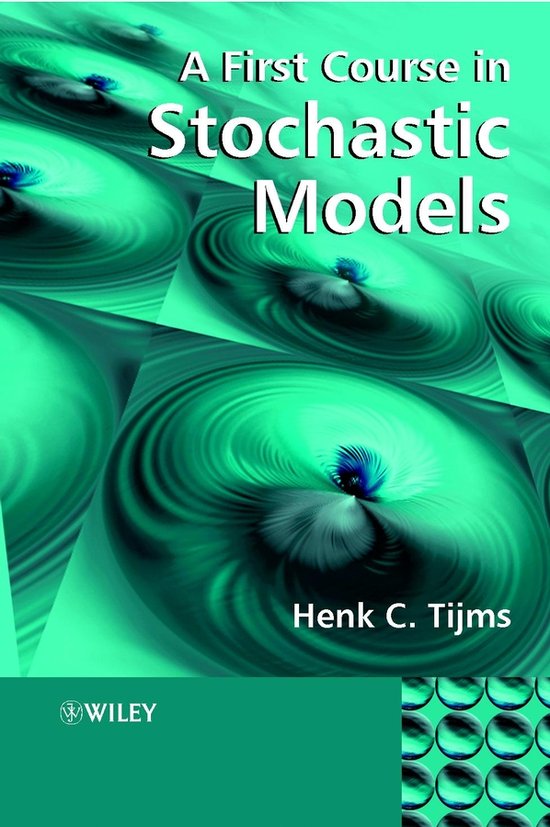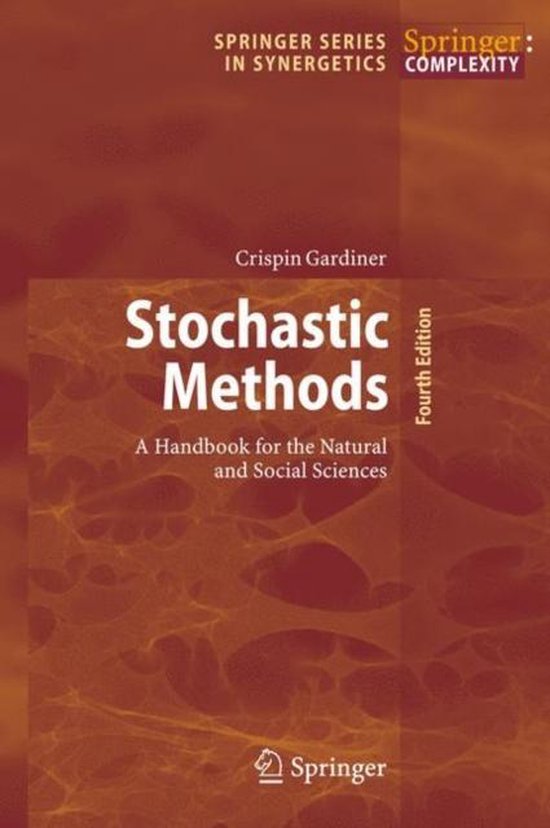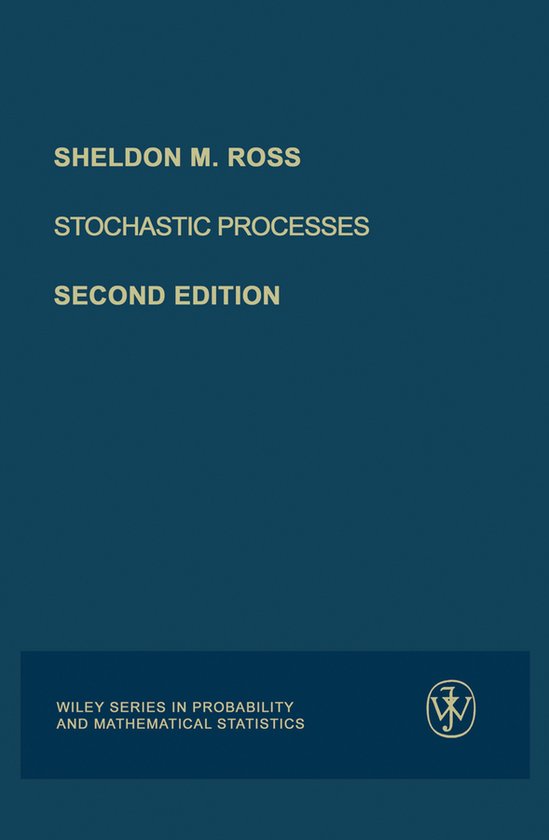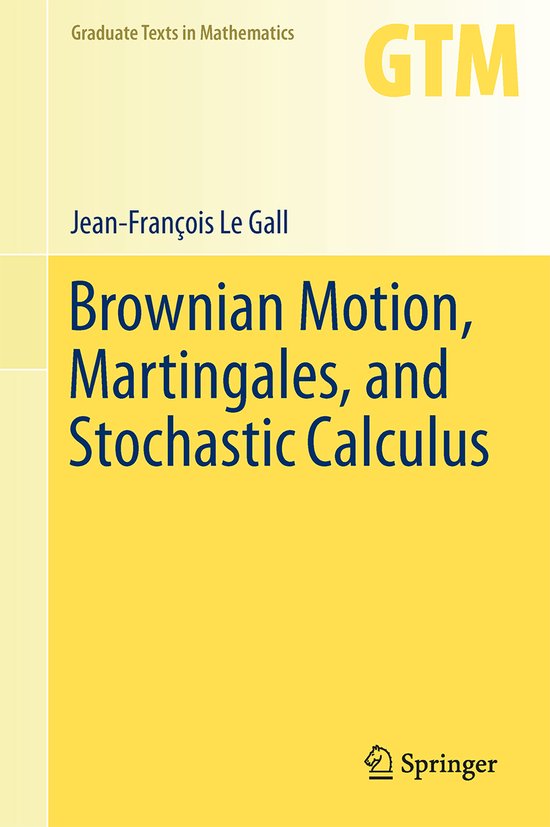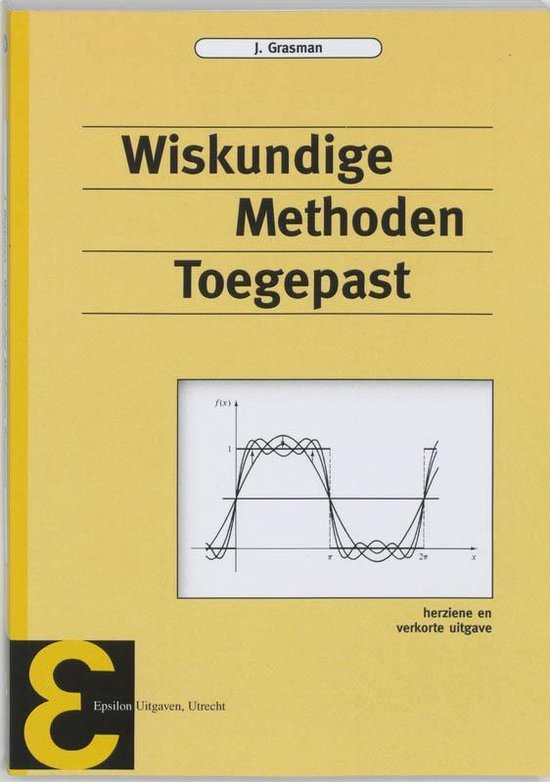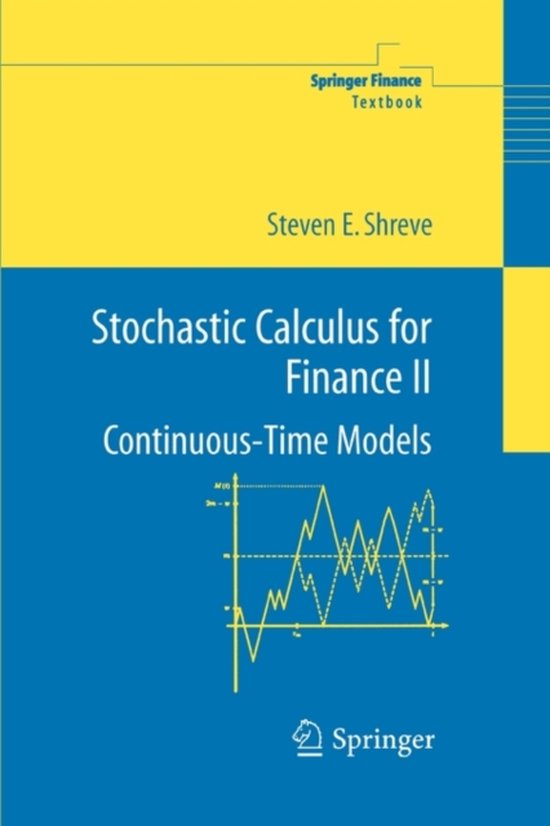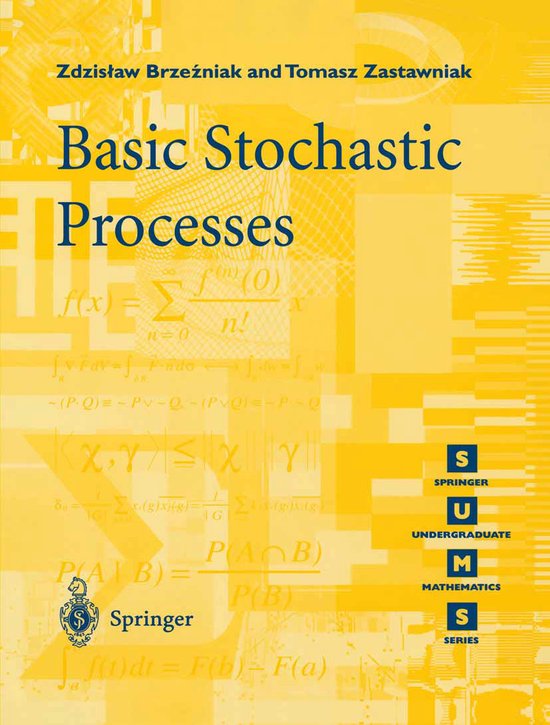
Basic Stochastic Processes
This book has been designed for a final year undergraduate course in stochastic processes. The main prerequisite is probability theory: probability measures, random variables, expectation, independence, conditional probability, and the laws of large numbers.
This book has been designed for a final year undergraduate course in stochastic processes. It will also be suitable for mathematics undergraduates and others with interest in probability and stochastic processes, who wish to study on their own. The main prerequisite is probability theory: probability measures, random variables, expectation, independence, conditional probability, and the laws of large numbers. The only other prerequisite is calculus. This covers limits, series, the notion of continuity, differentiation and the Riemann integral. Familiarity with the Lebesgue integral would be a bonus. A certain level of fundamental mathematical experience, such as elementary set theory, is assumed implicitly. Throughout the book the exposition is interlaced with numerous exercises, which form an integral part of the course. Complete solutions are provided at the end of each chapter. Also, each exercise is accompanied by a hint to guide the reader in an informal manner. This feature willbe particularly useful for self-study and may be of help in tutorials. It also presents a challenge for the lecturer to involve the students as active participants in the course.
This book has been designed for a final year undergraduate course in stochastic processes. It will also be suitable for mathematics undergraduates and others with interest in probability and stochastic processes, who wish to study on their own. The main prerequisite is probability theory: probability measures, random variables, expectation, independence, conditional probability, and the laws of large numbers. The only other prerequisite is calculus. This covers limits, series, the notion of continuity, differentiation and the Riemann integral. Familiarity with the Lebesgue integral would be a bonus. A certain level of fundamental mathematical experience, such as elementary set theory, is assumed implicitly. Throughout the book the exposition is interlaced with numerous exercises, which form an integral part of the course. Complete solutions are provided at the end of each chapter. Also, each exercise is accompanied by a hint to guide the reader in an informal manner. This feature willbe particularly useful for self-study and may be of help in tutorials. It also presents a challenge for the lecturer to involve the students as active participants in the course.
| Auteur | | Zdzislaw Brzezniak |
| Taal | | Engels |
| Type | | Paperback |
| Categorie | | Wetenschap & Natuur |
